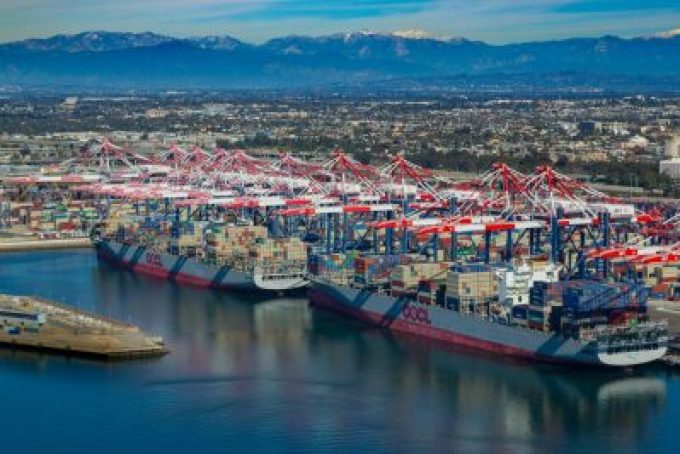Marginal gains on east-west ocean container routes in a challenging week
Despite the huge uncertainty US tariffs have injected into container supply chains, and its potentially ...

In the run-up to the nervously awaited contract negotiations between dockworkers and employers on the US west coast, verbal sparring is already in progress over automation – an issue on which the two sides are at loggerheads.
With the current contract set to expire on 30 ...

Comment on this article